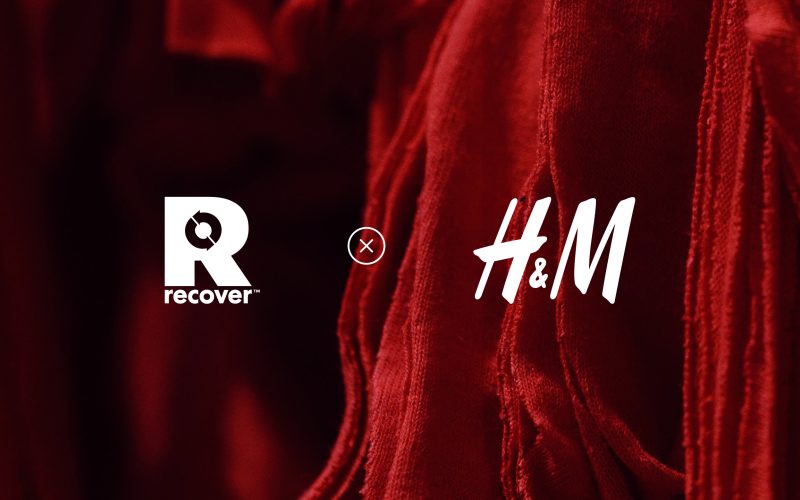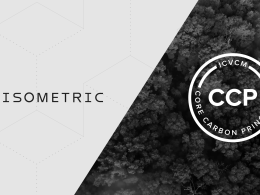Fashion retailer H&M Group has announced the commercial integration of mechanically recycled cotton from textile recycler Recover™ into its global collections, following a year-long collaboration focused on product development and supply-chain readiness.
The partnership, which began in early 2024, marks a step towards scaling circular materials in fashion production. Recover™, a company with more than 75 years of textile recycling experience, operates five recycling hubs across Europe, Asia, and the Americas, situated close to major textile production centres. Its technology delivers recycled cotton fibres with verified traceability and consistent quality at industrial scale — attributes considered critical for global retailers like H&M Group.
“We are proud to enter into this partnership with H&M Group. Reliable access to recycled fibres at scale, with full traceability and quality consistency, is vital for the industry’s transformation. Our collaboration demonstrates how innovators and leading global brands can work together to make circular fashion available to all,” said Anders Sjöblom, Chief Executive Officer of Recover™.
H&M said the partnership supports its wider strategy to decouple business growth from resource extraction and to promote the circular use of materials. The company aims to use only recycled or sustainably sourced materials by 2030, a target that requires building scalable recycling infrastructure and developing affordable alternatives to virgin fibres.
“At H&M Group, we want to grow our business decoupled from resource use and extraction, with products and materials circulating at their highest value,” said Ulf Krigsman, Head of Material & Components at H&M Group. “To increase the availability and affordability of recycled and sustainably sourced materials, we invest in, test, and scale innovative solutions and infrastructure. Recover’s expertise and proven ability to deliver recycled cotton at commercial scale make them a valuable partner as we work toward our goal.”
The collaboration underscores how textile recyclers and major fashion brands are joining forces to advance material circularity and reduce the industry’s reliance on virgin resources, while responding to growing expectations for transparency and environmental responsibility.



















